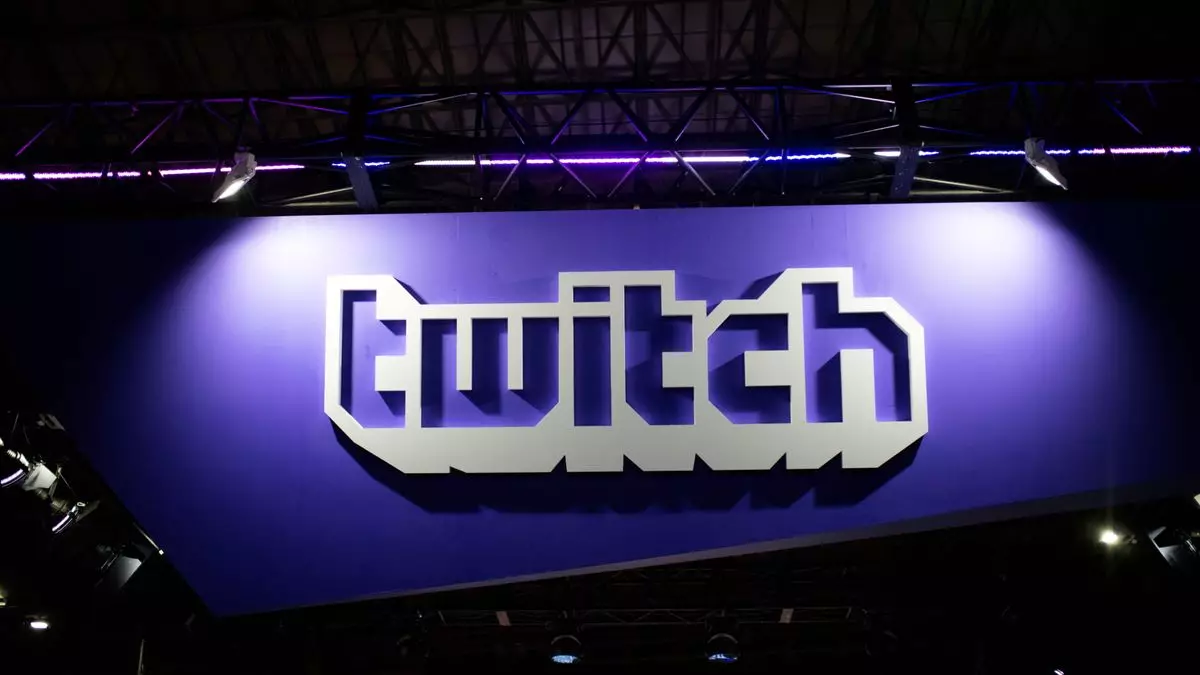The world of online streaming thrives on the freedom of expression, attracting millions of voices across vast landscapes of interests and topics. Twitch, the leading platform in that space, has recently updated its content classification guidelines to include a new category addressing “politics and sensitive social issues.” The necessity for such a category stems not only from the desire to maintain community standards but also from recent controversies that have thrust the platform into the limelight for all the wrong reasons. This comprehensive analysis explores the implications of this new guideline, its triggering events, and the potential pitfalls it faces.
The new political and social sensitivity category is a direct reaction to a series of high-profile incidents that have exposed vulnerabilities in Twitch’s policies regarding discourse on contentious issues. Notably, streamer Zack “Asmongold” Hoyt faced suspension following inflammatory comments about Palestinians. Additionally, Twitch’s actions toward several Arab streamers and the revelation that it had halted email-verified signups from users in Israel and Palestine raised flags about the platform’s handling of culturally sensitive topics. These events underscored a need for clarity in content categorization, especially as accusations of both antisemitism and Islamophobia pepper various discussions surrounding Twitch.
In a move to counter those allegations, Twitch’s CEO Dan Clancy took to social media, assuring the community that the platform stands firmly against any form of racism and harassment. Clancy emphasized that Twitch does not endorse the views expressed by its streamers and aims for a safe and inclusive environment. Yet, the introduction of the new content guidelines has caused confusion and raised questions about their practical application.
The difficulty arises in defining what constitutes content that falls under “politics and sensitive social issues.” The guidelines indicate streams that include discussions surrounding election processes, civil rights protests, and broader socio-political issues must now be labeled appropriately. However, the determination of what requires labeling seems vague. For example, will a deep-dive analysis of proposed anti-trans laws be deemed a neutral educational presentation, or will it require a content warning?
The guidelines specifically exempt streams that provide “neutral, fact-based” information but fail to delineate the criteria for such neutrality. This ambiguity raises concerns among creators, who fear that their authentic expression on essential rights and realities could be misconstrued as controversial. Community input plays a role in shaping Twitch’s safety protocols; however, many streamers have expressed doubts about whether these changes genuinely address issues or simply serve as a superficial response to backlash.
Pushback from the Community
The community’s response to the announcement of these new classification rules has been mixed at best. Many popular streamers who focus on political content are facing calls for bans, suggesting that Twitch might be using this regulation as a smokescreen to sidestep more serious disciplinary actions. This has raised alarms among LGBTQ+ streamers and others engaged in sensitive discussions, as they worry about facing punitive measures simply for sharing their lived experiences and identities.
CiCi, a streamer who has been vocal about reproductive rights, articulated her concern about needing content warnings when discussing personal health issues intrinsic to her identity. This sentiment highlights a significant concern: will creators have to tread lightly when sharing content intimately linked to their identities? The potential consequences for streamers might not just be emotional but financial as well. Advertisers often shy away from streams with warning labels, leading to an economic impact that could stifle the very voices Twitch is aiming to protect.
A Future of Uncertainty
The real test for Twitch lies ahead. The platform has historically shifted its guidelines in reaction to community feedback—an instance of which includes easing restrictions on sexual content only to retract those measures shortly after. This new content classification may well follow a similar pattern of controversy and confusion.
The overarching concern remains: will these changes foster a safer community or exacerbate divisiveness? As the landscape of digital discourse evolves, the balance between free speech and responsible moderation has never been more critical. There is a palpable need for transparency in how these new guidelines will be enforced. The community deserves clarity, not confusion, to ensure that important conversations can occur without fear of unjust retaliation or mischaracterization.
In summation, while Twitch’s decision to label streams around political and sensitive subjects aims to guide the community towards better practices, its implementation raises an array of critical questions that remain to be addressed. The platform may find itself needing to iterate upon these guidelines to better serve the diverse voices within its ecosystem, or risk further alienating the very creators it seeks to protect.

